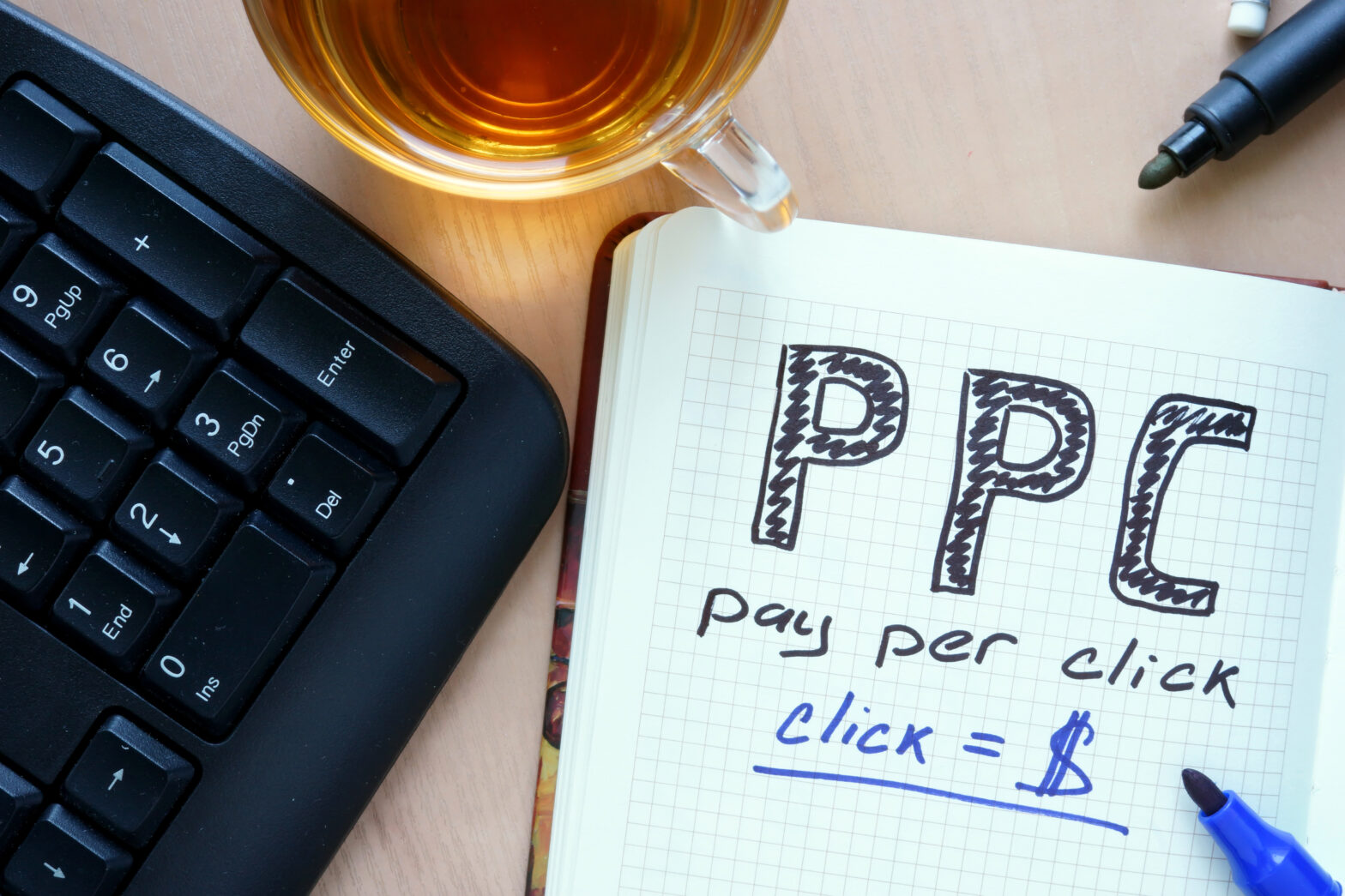Internet advertising has rapidly come of age and is a method by which small businesses trading online can drive large numbers of customers to their sites at relatively little cost. This guide should prove useful in getting started on the pay-per-click road.
Internet advertising has rapidly come of age. Just six years ago estimates suggested that the then infant medium accounted for only one per cent of total UK advertising spend. By the end of 2006, global media buying agency GroupM predicts this will have risen to 13.3 per cent (or £12.2 billion annually).
Various advertising models that lend themselves to the web have been key to this success, none more so than pay-per-click (PPC). Offered by the likes of Google and Miva, PPC has become phenomenally popular and it’s easy to see why. The basic premise is that an advertiser only pays for their advert when an individual clicks on it. This should ensure higher conversion rates than running an ad in print media and makes PPC a cost-effective advertising model. However, there are several technical factors that will determine how successful it is for your business.
How it works
You can bid on specific product or service-related keywords and phrases to gain prominence on search listing pages. But to prevent cash-rich companies from buying all the best keywords and always appearing top in the list of search results, where you appear does not just depend on the size of your bids (which can be anywhere from 5p to £10 per click), but also on the popularity of your advert.
‘The combination of these two factors is key, which means your advertising copy using the keyword has to be good,’ confirms Tim Davies of specialist internet service provider IDNet, which uses PPC itself and also advises clients on its use.
‘If you’re paying £1.20 for a keyword on which the going rate is £1 you could still end up on the third page of listings if people are not clicking on your ad. Or you could be paying 50p and, with a well-worded ad, appear near the top.’
Keyword conundrum
‘One of the big don’ts is to blindly sponsor a keyword you guess will be important to your audience. Many people focus on what they think is vital in their industry, but these assumptions are often wrong,’ warns Davies.
‘You tend to find that the longer the search term you bid on the better the conversion rate,’ adds Neil Curtis, director of pay-per-click advertising consultancy NetVisibility. ‘A word like “loan” is probably less likely to attract a lot of people to your site alone than a phrase along the lines of “I’d like a loan at five per cent from a reputable lender.” Having said that, fewer people will type the latter into a search engine, so it’s a question of striking the right balance.’
Bidding for keywords is, therefore, something of a dark art and so online tools should be used to analyse the popularity of search terms.
Listing lessons to learn
If you’ve bid on specific words it’s vital for these to appear in the ad. Moreover, small details can make a big difference. ‘We always keep two similar ads running concurrently using the same keywords,’ Davies counsels. ‘That way you can continually refine your ad. If nothing else, you learn how to write quick, punchy copy that people respond to.’
The web-links attached to PPC adverts are also instrumental in terms of conversion. ‘If someone clicks on a link for “Holidays in Spain”, you don’t want to take them through to a page listing trips to France,’ Curtis sagely warns. After all, if people can’t find what they’re looking for immediately on your site there are plenty of other ads to try.
Finally, those interested in PPC need to be aware of click fraud. There have been reports of unscrupulous firms establishing ‘click farms’, with employees repeatedly clicking on their rivals’ links to blow their advertising budgets. The likes of Google do keep an eye out for this, but Curtis notes, ‘If your ads are doing very well in terms of clicks but nobody is buying, you should look to see what’s going on.’
Free Download: The Basics of Pay-Per-Click (PPC) Advertising – Make your PPC campaigns stand out online





